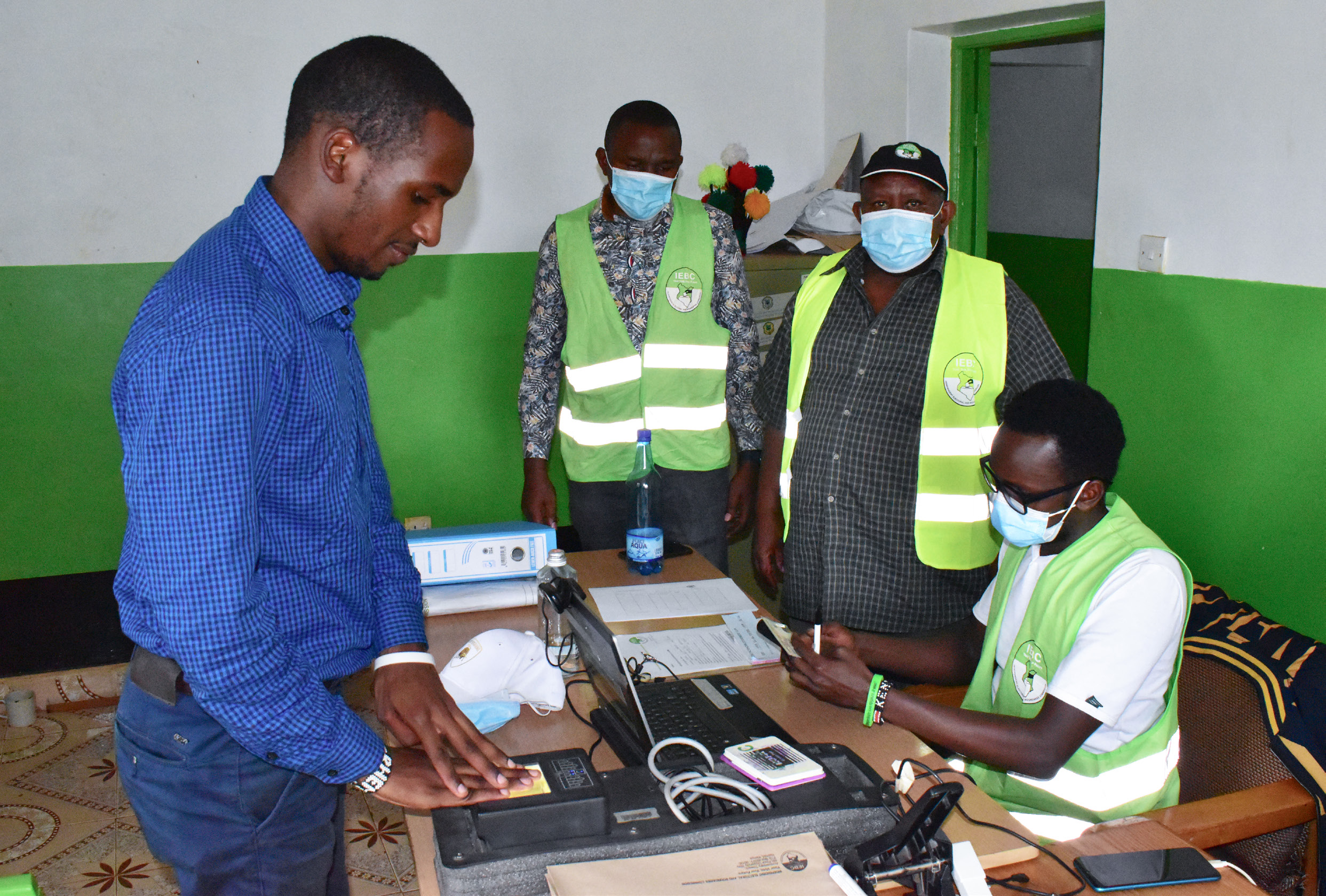Understanding social anxiety
Do you feel like your stomach is tied into knots whenever you are in a social setting? Do you tend to back out last minute from party plans or any

Do you feel like your stomach is tied into knots whenever you are in a social setting? Do you tend to back out last minute from party plans or any other social event? Do you perceive yourself as an awkward person or feel imprisoned by other people’s thoughts? Then you possibly are a socially anxious person.
Social anxiety is a type of anxiety disorder that causes extreme fear in social settings. It is not to be mistaken with shyness, since shyness only lasts for a short while whereas social anxiety is debilitating and persistent.
Individuals with this anxiety disorder often experience trouble conversing with people,networking and attending social gatherings. They often avoid them like a plague.
What then are some of the cases of social anxiety, which is also known as social phobia:
1. Excessive social isolation
Children who are locked up may more often than not grow up into being social phobic people since they were denied the chance to mingle and interact with others.
2. Technology
While it is a blessing to have close to everything at the touch of a finger, it also robs us off the feel and joy that comes with one-on- one conversations. Ergo, given an opportunity to interact with people personally, individuals will often times find it hard to start and maintain conversations.
3. Discrimination
Lack of acceptance pushes people into feeling less worthy and sadly, less human. Discrimination against race, tribe, gender, sexual orientation and religion draws people into their caves with the hope of not being found.
4. Excessive shifting during childhood
No sooner had you made friends than your parents dropped the dreadful statement, ”We are Moving!” This causes one to find it difficult to make lasting connections with people.
5. Bullying
Be it physical or emotional bullying, the victims will hardly want to engage with people because of their traumatic past experiences.
Levels of anxiety
Social Phobia is a progressive type of anxiety disorder that gradually moves from one level to another if left unresolved. There 4 different levels of social anxiety which include: Mild Anxiety, Moderate Anxiety, Severe Anxiety and lastly Panic Level Anxiety.
Mild Anxiety
Mild anxiety may present itself as one being timid or shy and it can be experienced in early childhood through to one’s adulthood. It can impact an individuals professional, emotional and social functioning.
Moderate Anxiety
People with this level of social phobia may report feeling edgy, unable to control their worries or being unable to relax at often times. They may have succ ess in handling their anxiety with the help of a doctor or self-help ploy.
Severe Anxiety
At this level, the physical and psychological signs of social anxiety manifest. They are more frequent and relentless and may include: increase heart rate, sweating, feelings of panic and social withdrawal. These symptoms places individuals at risk of loosing their jobs and social connections.
Panic Level Anxiety
This is characterised by recurring, unexpected and frequent panic attacks. The panic attacks triggers vary from persons to persons and the cause may be familiar or unknown to the individual. The panic attacks last for around 10 minutes.
As you can now tell, social anxiety hinders people from living peaceful lives, free from worries of the day. It paralyzes not only the social lives of victims but also their professional aspect and holds them mentally captive.
Those with social phobia may have few romantic or no social relationships, hence making them feel powerless, lonely and ashamed. They are prone to falling into depression because of this or result into alcohol and drug abuse to make them feel better or shelf their negative feelings.
They also fail to be assertive in the decisions they make since they don’t want to be perceived as awkward or ”fun-killers”. They will go with the flow so that they can fit in. Social phobic people are also terrified that they may embarrass themselves before others or be deemed negatively by the crowd.
This disorder can reduce one’s self-esteem and make them fail to believe in their abilities at work or school. It may also place people at risk of suicide attempts because of their loner lifestyle.
How to deal with social anxiety
Despite all these, all hope is not lost for individuals living with social anxiety disorder can get aid by seeking treatment from trained medical professionals. They could also make it a habit to exercise in order to dispense endorphins in their body hence reducing their daily anxiety.
Parents should also let loose on their children for overprotection may result into making them socially anxious people. They should also affirm their children every so often in order to build their self-confidence.
Do not let the past hold you back from forming meaningful relationships. Dress up, look nice and step out. As Ludwig Wittgenstein said, ” A man will be imprisoned in a room with a door that’s unlocked and opens inwards; as long as it does not occur to him to pull rather than push,” push yourself out of your social anxiety. It is worth every effort you take.
Featured image: psycom.net




